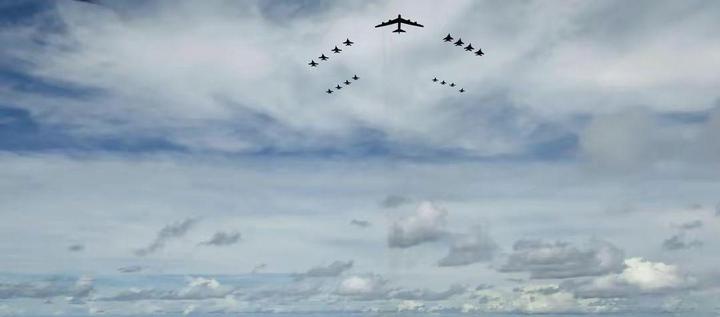US Military Sanctions: China's Strategic Response Against Defense Contractors
China announced countermeasures against 13 US defense companies and 6 executives in response to US arms sales to Taiwan, implementing asset freezes and restricting business dealings within China’s territory.

The growing tension between China and the United States has entered a new phase with China’s Ministry of Foreign Affairs announcing significant countermeasures against US military contractors. This move represents a calculated response to America’s continued arms sales to Taiwan, which China views as a violation of its sovereignty and territorial integrity.
The sanctions target prominent defense companies including Teledyne Brown Engineering, BRINC Drones, Shield AI, and Kratos Unmanned Aerial Systems. These firms are at the forefront of developing advanced military technologies, particularly in unmanned aerial systems and artificial intelligence applications for defense purposes.
The measures' scope is comprehensive, freezing these companies' assets within China and prohibiting Chinese organizations and individuals from conducting business with them. More notably, the sanctions extend to six senior executives, including Barbara Borgonovi of Raytheon and Charles Woodburn of BAE Systems, restricting their entry into China, including Hong Kong and Macau.
The timing of these sanctions is particularly strategic, coming after the US Department of Commerce’s recent expansion of export controls on semiconductor technology to China. This demonstrates China’s growing willingness to utilize its economic leverage in response to what it perceives as provocative military support to Taiwan.
The impact extends beyond immediate financial consequences. These measures signal China’s increasing sophistication in targeting specific segments of the US defense industrial base. For instance, Shield AI, known for its autonomous military drone systems, represents the kind of cutting-edge technology company that China seeks to pressure.
The defense executives targeted by these sanctions oversee critical military programs, including advanced radar systems, tactical communications, and autonomous weapons platforms. Their inability to enter China or conduct business there could complicate their companies' global operations and supply chain management.
This action also highlights China’s strategic approach to countering US military support for Taiwan. Rather than broad economic measures, China has chosen to target companies and individuals directly involved in arms sales, demonstrating a more nuanced approach to economic statecraft.
These sanctions mark a shift in China’s response strategy, moving from diplomatic protests to concrete economic actions. The breadth of companies affected suggests China is prepared to sustain pressure on the US defense industrial base while maintaining control over escalation.